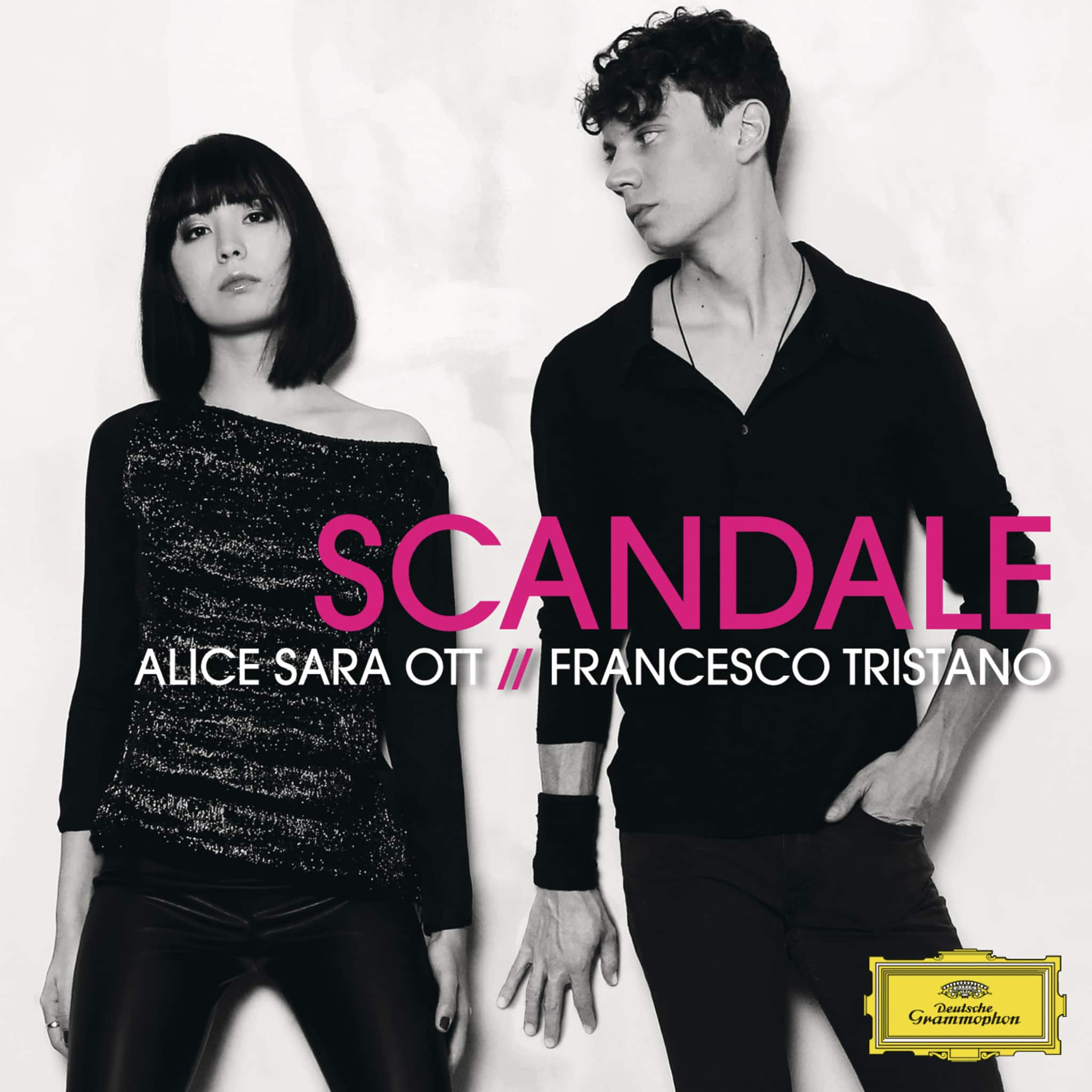Albums
AboutFrancesco Tristano
It is probably a global first that a young musician and composer simultaneously causes a stir in both the club scene and classical concert halls. Equally new is the agreement among purists from both the classical and techno camps. They agree in their irritation at someone who doesn't play by the rules. Francesco Tristano is accustomed to irritation. When he plays techno from sheet music with his trio Aufgang in a club, the audience is initially unsettled. The experienced concertgoer and classical music lover may also be irritated when they witness for the first time how a pianist transitions an original composition into a piece by Frescobaldi, as if he were a DJ.
The fearlessness with which the 30-year-old Francesco Tristano combines and sometimes clashes eras and styles may be met with incomprehension. However, the Luxembourg-born artist is not a provocateur in the true sense. Everything he does is an expression of an openness that tolerates no boundaries, no confinement. Interpretive conventions shaped by generations of classical pianists – Tristano knows them, but he ignores them. His artistic self-conception does not ask for legitimization. When he indulges sensitively in strictly Baroque music with his dynamic playing, he is radical. But radicalism is not an end in itself for him.
Tristano's talent is beyond question. His technique is outstanding, his playing is virtuosic, his interpretations are bold and unconventional. But he never presents himself as a mere sound-stormer. His knowledge of repertoire in Baroque, classical, new music, jazz, or club music corresponds with his experience and his playful abilities. Tristano's actions are always reflective and demonstrate a respectful approach to music. The pianist simply denies the existence of stylistic boundaries.
Francesco Tristano began playing the piano at the age of five. At 13, he gave his first concert with his own compositions. Later, he toured as a soloist or with top-tier orchestras, such as the Russian National Orchestra, the French National Orchestra Lille, or the Luxembourg Philharmonic Orchestra. Tristano founded the chamber ensemble The New Bach Players, with whom he also performs as a conductor. By using a Steinway grand piano and old, vibrato-less bows on modern string instruments, this formation consciously breaks with the conventions of historical performance practice.
At the Juilliard School in New York, Tristano completed a masterclass with the Bach legend Rosalyn Tureck, being one of her last students. He attended conservatories in Brussels, Riga, Paris, and Luxembourg, as well as the Catalonia College of Music. In 2004, he won the prestigious international pianist prize for contemporary music in Orléans, France. To date, he has released eleven albums, including critically acclaimed and award-winning recordings of Bach's Goldberg Variations and the complete piano works of Luciano Berio. In 2007, the album Not for Piano was released, on which he presented his own versions of techno classics for solo piano, drawing stylistic inspiration from classical and minimal music. In 2011, he made his debut on the traditional label Deutsche Grammophon with a program combining music by Johann Sebastian Bach and John Cage. In the 2010/11 season, Tristano was Artist in Residence with the Hamburg Symphony Orchestra; currently, Tristano collaborates with, among others, Carl Craig, one of the protagonists of the second generation Detroit techno scene. Projects with the Tonhalle Zurich Orchestra and the Basel Symphony Orchestra are planned for 2012/13.
2012/07




